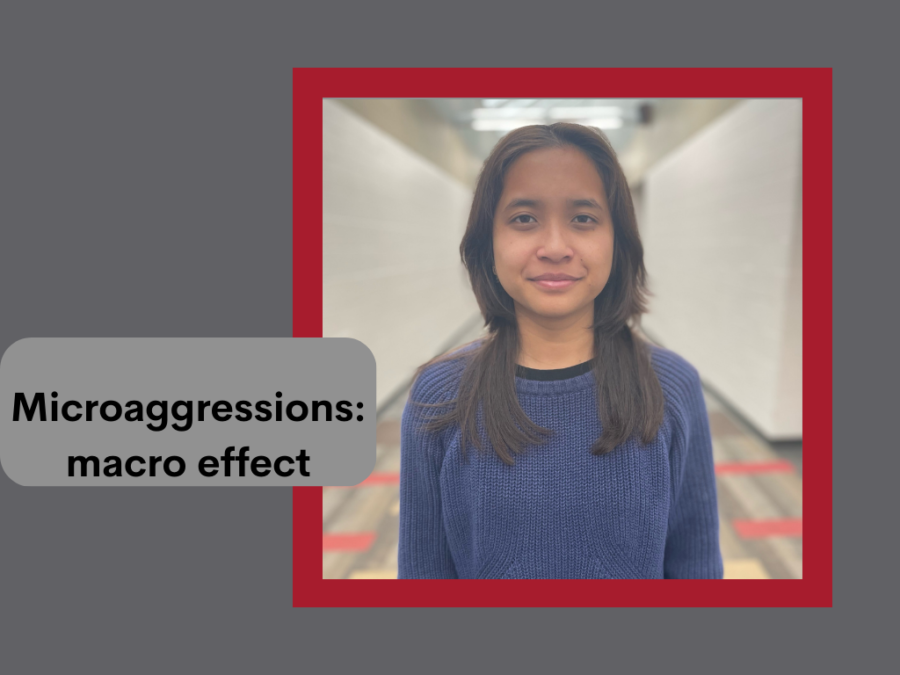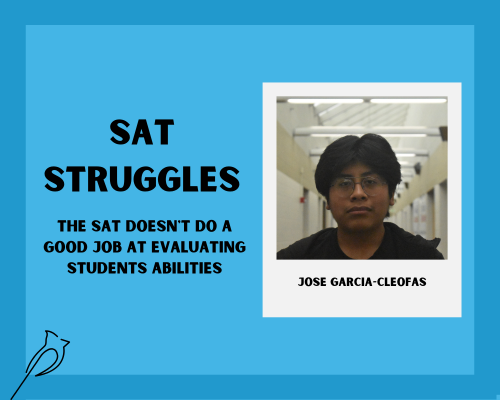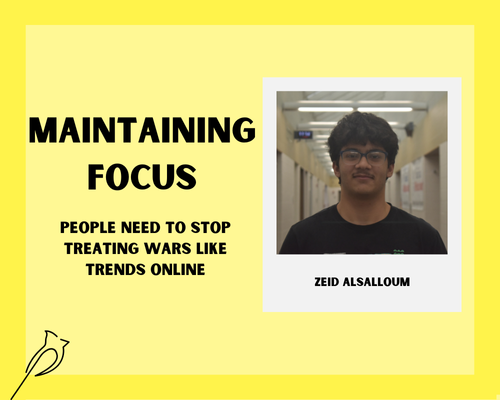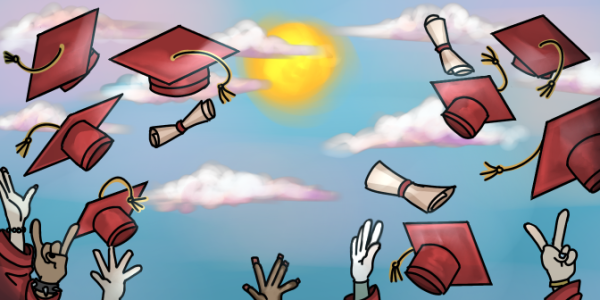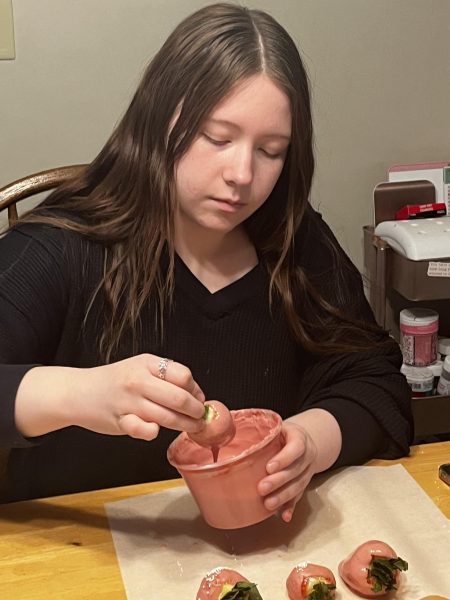Microaggressions: macro effect
People don’t realize the negative impacts of microaggressions
Microaggressions can be hard to determine apart from everyday speech. According to Oxford languages, it is “a statement, action, or incident regarded as an instance of indirect, subtle, or unintentional discrimination against members of a marginalized group such as a racial or ethnic minority,” and also known as “death by a thousand cuts.”
This type of behavior has been so integrated into American culture that people do not realize what is wrong to say, or they don’t try to improve their speech.
Microaggressions come in the form of jokes, which adds on to the fact some people do not know what is appropriate. They think that because a few individuals will not correct them, they have the right to go around and do it to others.
For example, assuming traditional gender roles like women having to bear children despite their career or age, and saying things such as “No, where are you really from?” implies racist intentions. Bear in mind that ignorant comments can be made about a disability or religion as well.
These actions do not only occur at school. It has also been seen in places such as hospitals and creates distrust between the patient and the service provider. Multiple people have received inadequate help because they were a person of color, which adds on to a growing fear for other people of color that they will be treated the same.
Though some people may say this generation is too “soft” and “sensitive,” it’s important to realize that they are the first step into making this world a better place. There is also an argument that humans have free speech in the U.S, but it is not realized that this freedom should be used wisely and not as a weapon or a way to defend harmful speech.
It can indirectly lead to violent actions along with mental health being impacted negatively. People who endure these comments can face “elevated levels of depression and trauma,” according to the Center for Health Journalism.
Not only that, physical health could be affected as well. In a 2017 study by Columbia University, “a correlation was found between microaggressions and self-reported histories of heart attack, depressive symptoms, and prior-year hospitalization.”
Making insensitive comments is not a “cool” thing to do, and only creates an unhealthy environment for anyone and their peers. The person on the receiving end may not express uncomfortably, but this type of behavior should not be excused time and time again.
One way to stop this is to do research on the topic of microaggressions and be able to identify examples of it in person. Instead of being a bystander, defend those who are slandered for their race, sexuality and anything else that makes them human.

Hallo alle! My name is December Tling and this is my third year on The Journal. I am still the Culture Editor, and I am also in charge of promotions. It’s...


